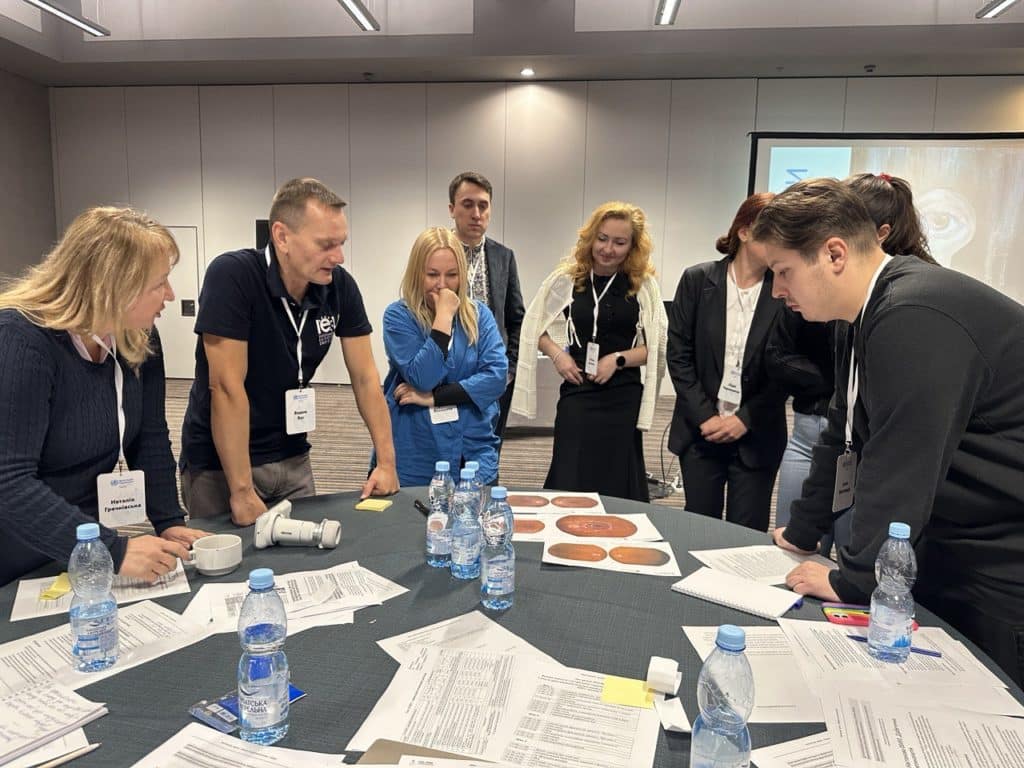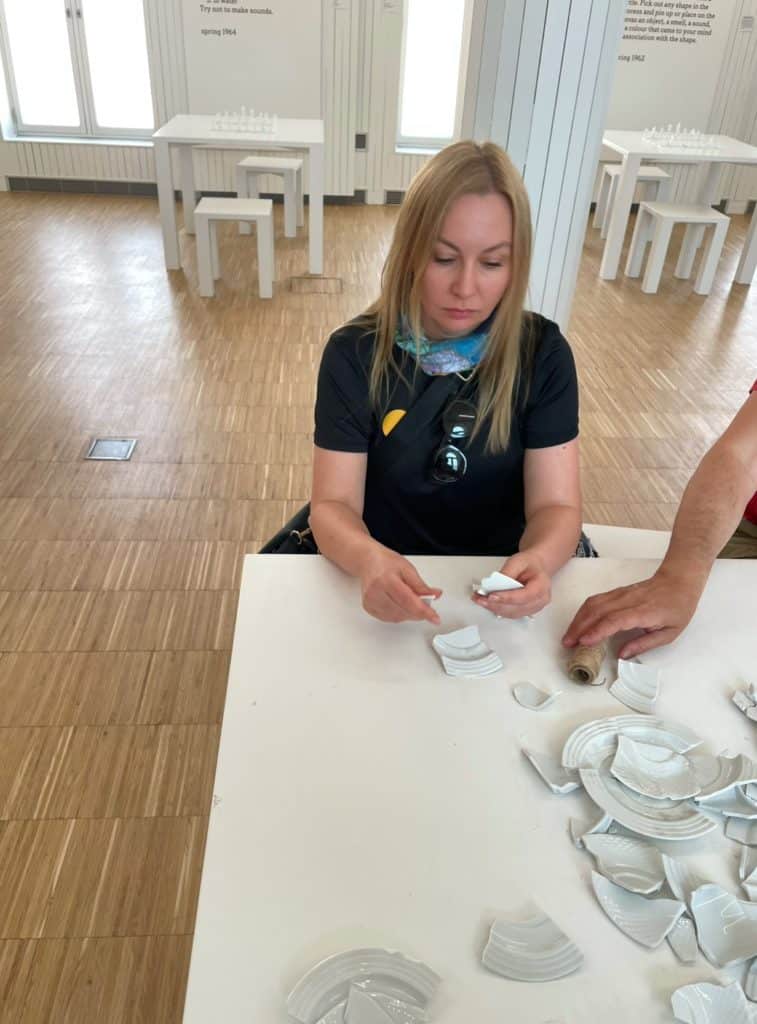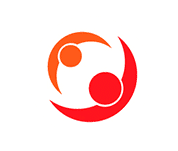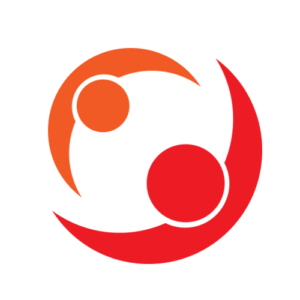Ships in the Storm: The Significance of the World Health Organization (WHO) for Ukraine.

Disclaimer: This material has been personally prepared by me, Dr. Iryna Voloshyna, without any conflict of interest and in no way reflects the opinions of my past or present employers. The entire text should be considered as my own original work, expressing my personal views. However, it is possible that members of the ASMU and other representatives of the medical community may support them. If you are not a proponent of conspiracy theories about betrayal, this post is definitely for you.
Partners are like ships sailing through a storm. One ship battles relentless waves and tempests, while another comes closer to help maintain the course and overcome dangers. In this context, the World Health Organization (WHO) stands as an incredibly important partner for Ukraine. I hope this sentiment resonates not only as my personal opinion but also as a belief shared by thousands of Ukrainians, supported by many evident reasons.
If you’re not a follower of conspiracy theories or talk of betrayal, this post is for you! I would like to share facts based on my own experiences, having witnessed all these events firsthand.
Mobile Teams
Let’s start with recent activities. Can you name even one organization that has systematically worked with mobile medicine since the first days of the war? WHO has developed a unique protocol tailored to the realities in Ukraine for providing assistance in hard-to-reach areas. They have not only facilitated visits from doctors and nurses but also provided essential medications for the most common illnesses in specialized kits, carrying out all necessary diagnostic and treatment procedures to ensure continuity of care. Many organizations may claim to have mobile teams, but can they guarantee that they bring exactly the medications needed? How often do they go out, and how long has this been ongoing? It’s not just about one or two visits—having a clear and regular schedule for outings, even under shelling, is crucial, just like WHO does in the Kherson and Sumy regions. Currently, WHO supports at least seven regions within a 50 km zone of active combat.
Vaccination
Turnings on vaccination, can you name even one partner that has been conducting systematic training for healthcare professionals for years, with efforts that continued even during the pandemic? WHO was instrumental in launching vaccination campaigns in pharmacies and actively facilitated the delivery of COVID-19 vaccines. WHO experts are always ready to support Ukraine on all vaccination matters—from planning immunization schedules to organizing local events and backing the “Parents for Vaccination” movement.
Health Cluster
Coordination of humanitarian assistance has been a pressing concern for many. WHO established a special platform (Health Cluster) where organizations providing assistance can come together to share information. This is vital, as without proper coordination, situations can arise where humanitarian aid consistently arrives in one village while the neighboring one remains unsupported. Establishing communication with all aid providers is a complex task, but WHO has been actively engaged in this since the war began, leveraging its experience from other countries.
Medical Trainings
WHO genuinely supports medical education in Ukraine. One of its unique projects involves transferring medical knowledge through the PEN tool to four universities, allowing family medicine departments to teach modern treatment protocols for diabetes and hypertension. Instructors have been trained using a special methodology, and their departments have received educational equipment, including fundus cameras, ECG machines, and glucometers. This means you can now turn to the family medicine departments in Kyiv, Odesa, Kharkiv, and Dnipro for a free fundoscopic exam utilizing artificial intelligence image processing.


The photos were taken at Yoko Ono’s psychedelic art exhibition in Oslo and at a WHO and ASMU training on the basics of fundoscopy in Kyiv.
Let’s also talk about MhGAP— a unique therapeutic and diagnostic methodology that is currently critically important for Ukraine. Its widespread implementation has already reached over 20,000 medical professionals, and these numbers are truly impressive! I had the honor of being one of the first to complete this training, and now, as I observe the successes of my colleagues, I feel immense satisfaction from the results we’ve achieved. We are witnessing real changes: some have timely recognized depression in patients, others have prevented adolescent suicides, and some have finally understood that stress cannot be treated with alcohol or tranquilizers. This methodology, which is positively impacting many lives, has also arrived thanks to WHO. Together, we are creating a new wave of support that is proving to be extremely vital during these challenging times. MhGAP is not just training; it’s a real step toward improving mental health in Ukraine and ensuring quality medical assistance.
Care for Gender-Based Violence Survivours
When it comes to gender-based violence, it is important to highlight that MoH Order No. 278 in its clinical section almost entirely mirrors WHO’s guidelines. While it does require some updating, it’s a good foundation to have. Unfortunately, thousands of doctors in Ukraine are still unfamiliar with these recommendations and are unsure how to provide urgent preventive care in cases of rape or unprotected sexual intercourse. Many still lack awareness of post-exposure prophylaxis for HIV and hepatitis B. However, it’s fair to say that neither WHO nor the Ministry of Health is to blame for the fact that some specialists have not read these critical orders and guidelines for years.
I want to express my views on critics. Remember, it is only those who do nothing who do not make mistakes. This is an axiom. Try to accomplish something similar to what the WHO team is doing, ideally at the same scale, and then share your thoughts on the shortcomings of others.
Support during difficult life trials is always crucial. Our shared goal is to create a safe environment for everyone, and only by working together can we achieve significant changes in providing assistance and support to those in need.

